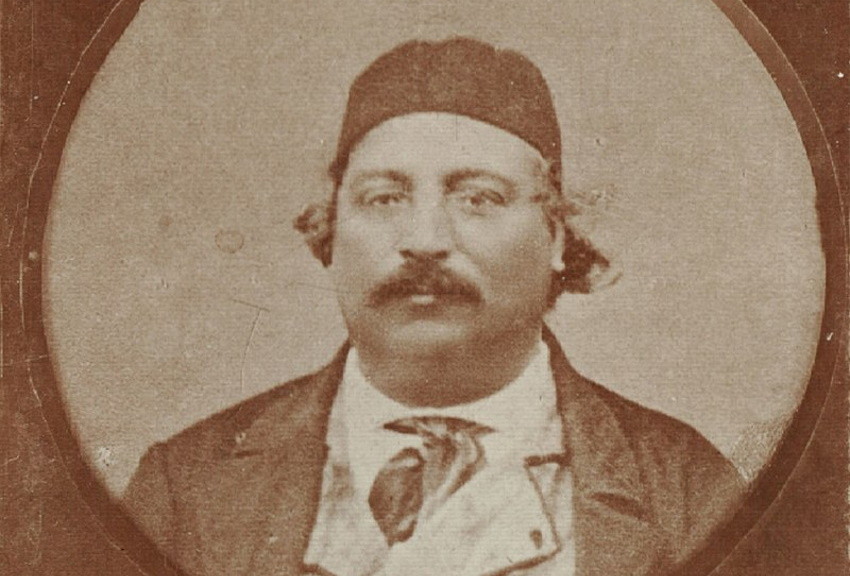The story of this song goes back to Bulgaria’s struggle for independence of the Ottoman Empire. It was created by Dobri Chintulov, teacher, poet and composer of the Bulgarian Revival period, who worked for the enlightenment and national self-awareness of his compatriots. Graduate of the Theological Seminary in Odessa, he was an advocate for national and church freedom.
Dobri Chintulov wrote the lyrics of the song "Kude si, vyarna ti lyubov narodna" ("Where art thou, faithful love of the people") while he was in Odessa. The tune, however, was probably the melody of another song, popular at the time, but whose title is now forgotten. Forgotten is the last word one can say about "Kude si vyarna ti lyubov narodna". The song became a symbol of the awakening of a nation. An awakening that started from a "spark of love" and turned into a "raging flame".

Together with “Stani, stani yunak balkanski” ("Wake up, wake up, Balkan hero"), “Viatar echi, Balkan stene” ("Wind is howling, Balkan is moaning") and several other revolutionary songs by Dobri Chintulov, it raised the spirit of the Bulgarian patriots during the April Uprising (1876) and the Russo-Turkish War that brought the Liberation of Bulgaria (1878-1879).
More episodes from Radio Bulgaria's series presenting the Highlights of Bulgarian musical culture: Highlights of Bulgarian musical culture: Petko Staynov's Thracian Dances Highlights of Bulgarian musical culture: Emil Dimitrov's..
Beloslava will close the pages of summer and open the pages of the autumn-winter season with a special concert on September 18 at Kino Cabana in Sofia. Joining her on stage will be Jivko Petrov (piano), Dimitar Semov (drums), Dimitar Karamfilov..
On the Day of Sofia (September 17), we invite you to stroll along its boulevards and see the city as Mihail Belchev saw it exactly half a century ago – in 1975. Mihail Belchev composed the music based on lyrics by Miryana Basheva. At that time, a..

+359 2 9336 661
